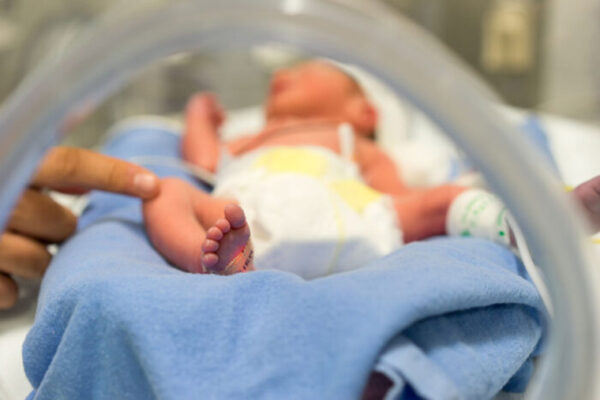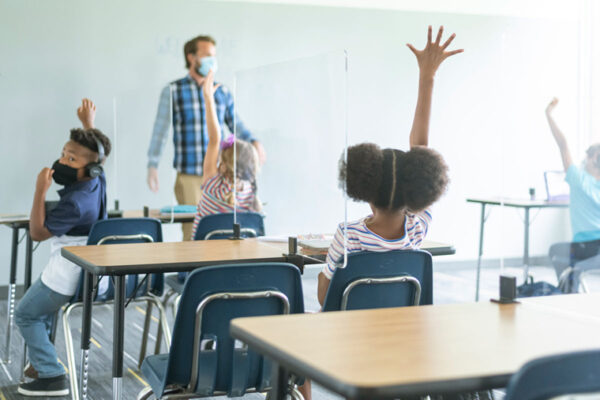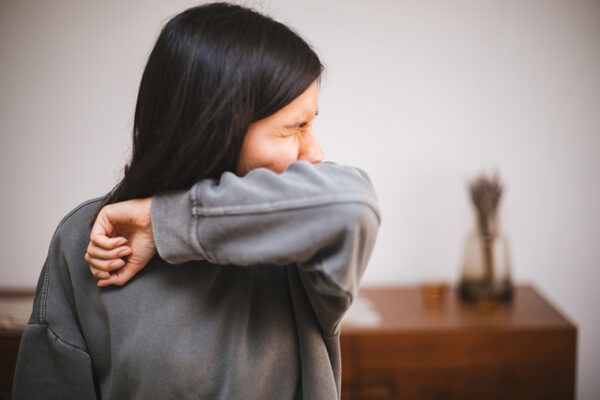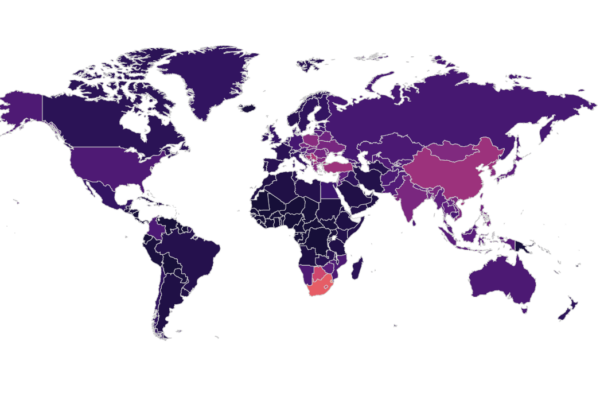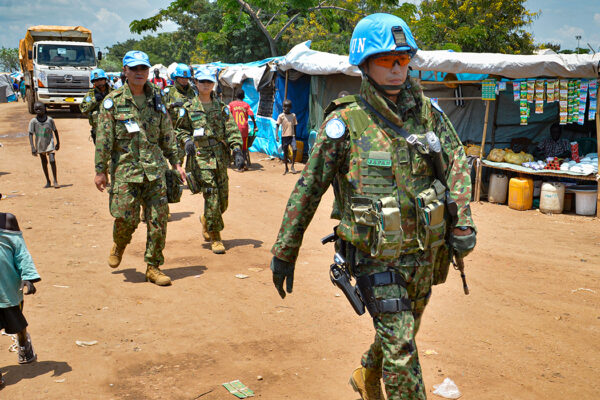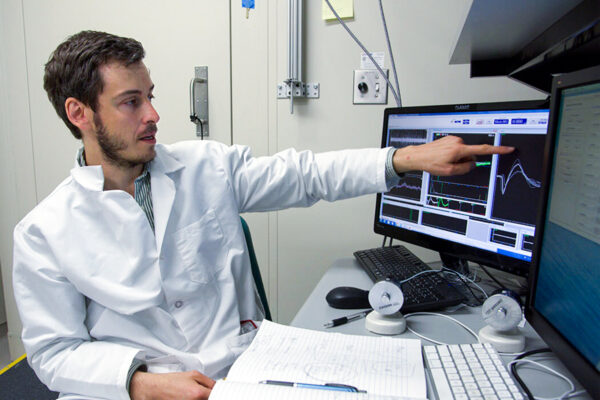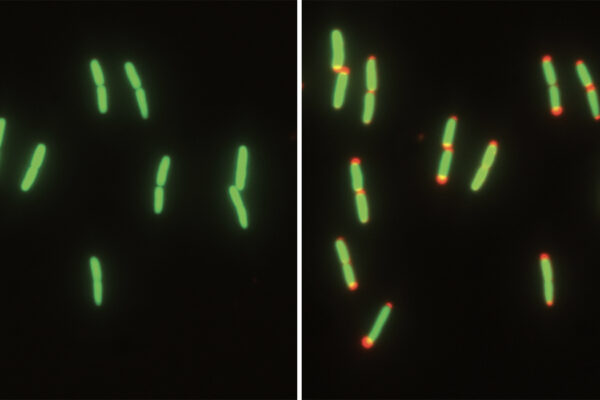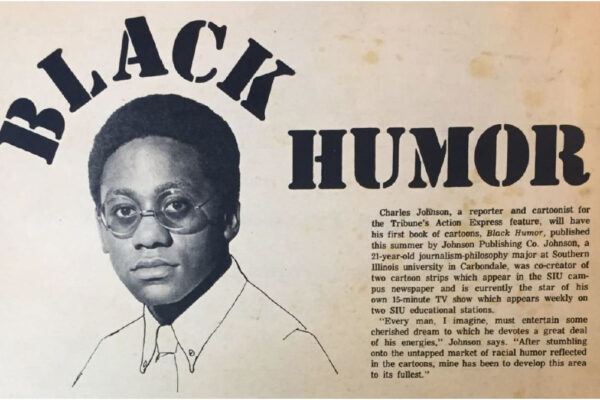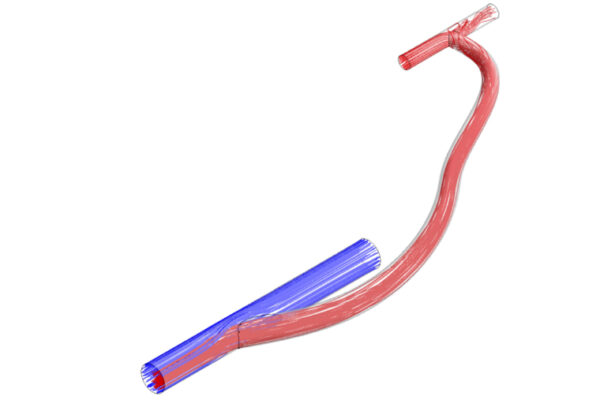Immune system protein may defend against deadly intestinal disease in babies
A study led by researchers at Washington University School of Medicine has identified a protein in the immune system that may protect babies from necrotizing enterocolitis, a leading cause of death among premature infants.
School-based COVID-19 testing initiative focuses on vulnerable populations
Researchers at Washington University School of Medicine have received $8 million from the National Institutes of Health (NIH) for two school-based projects — one in St. Louis County and the other in Maryland — aimed at safely returning students and staff to in-person school.
What makes us sneeze?
A team led by researchers at the School of Medicine has identified, in mice, specific cells and proteins that control the sneeze reflex. Better understanding of what causes sneezing may point to treatments to slow the spread of infectious respiratory diseases.
Olin’s new ‘On Principle’ podcast focuses on leaders’ decision-making process
On Principle, Olin Business School’s new podcast, tells the stories of pivotal business decisions. What led to them? What were the choices? And what lessons can executives, entrepreneurs and other leaders draw from them?
New research finds 1M deaths in 2017 attributable to fossil fuel combustion
An international team of researchers, including faculty in the McKelvey School of Engineering, has determined what sources contribute to pollution and the health effects they have on global, regional and smaller scales.
Keeping the peace: How UN peacekeepers maintain stability
New research sheds light on how — and in what context — peacekeepers can contain the spread of violence in fragile post-conflict areas.
Study finds brain areas involved in seeking information about bad possibilities
Researchers at Washington University School of Medicine have identified the brain regions involved in choosing whether to find out if a bad event is about to happen. The findings are published June 11 in Neuron.
Shrinking to survive: Bacteria adapt to a lifestyle in flux
Biologists discovered that E. coli bacteria have a strategy that may help them to survive in between meals. The new research from the laboratory of Petra Levin in Arts & Sciences is published in PNAS.
University Libraries acquires papers of acclaimed author Charles Johnson
Washington University in St. Louis Libraries has acquired the collection of Charles Johnson, the acclaimed author, cartoonist and essayist who won the 1990 National Book Award for his novel “Middle Passage.”
Improving dialysis through design
Faculty from the McKelvey School of Engineering and the School of Medicine teamed up to design better grafts for dialysis patients.
View More Stories
